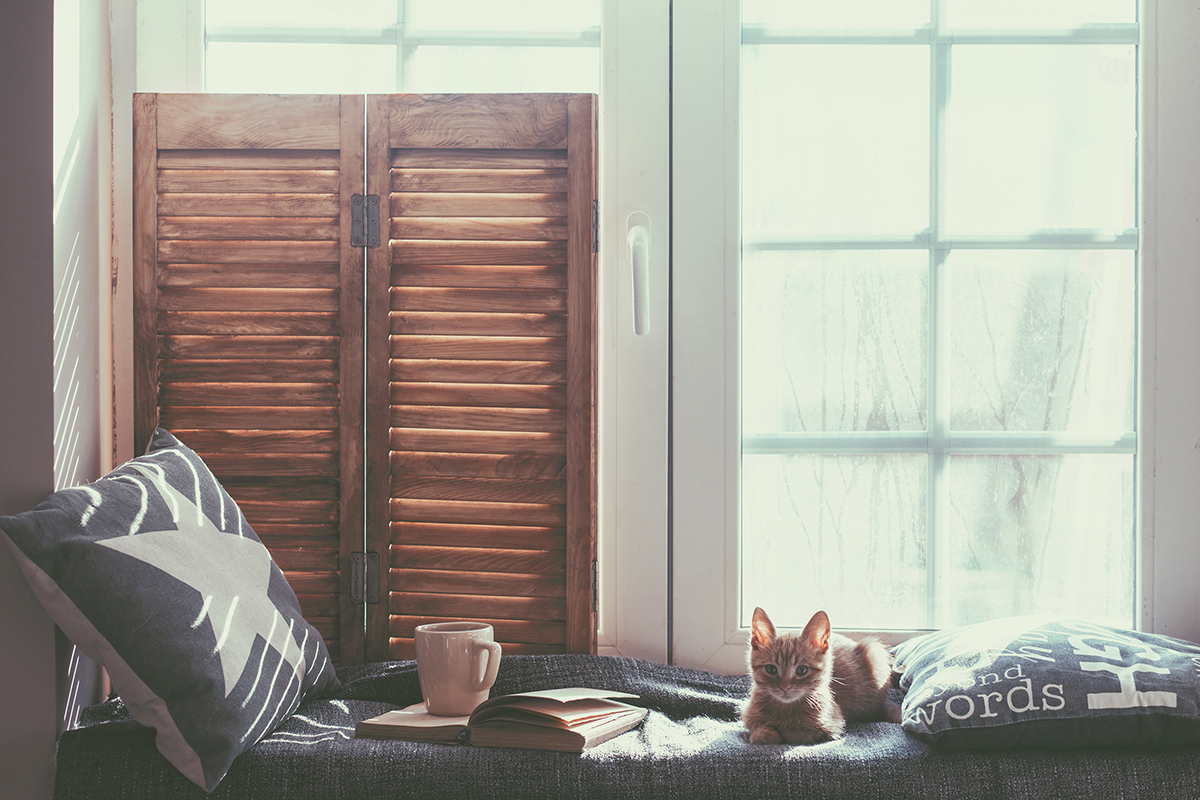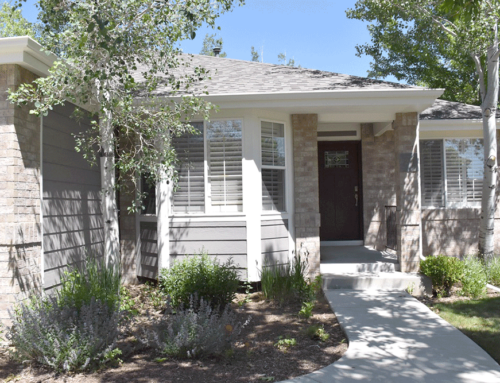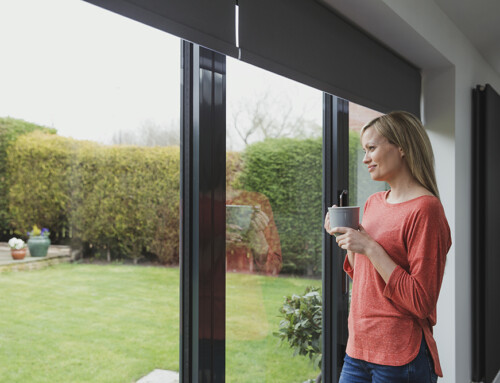The goal of habitat is COMFORT
Human beings are capable of extraordinary adaptation when pushed to the limits of available space. But, is it desirable?
There is a contortionist who performs regularly on the Pearl Street Mall in Boulder. This tall, lean skeleton of a man compressed his body into a 24” acrylic cube and then pulled the lid over on top of himself! (Gasp! All for a handful of change.)
Every day in Tokyo, weary commuters at rush hour pack into subway cars with zero personal space, then hurl down the track at 100 miles per hour… what else can they do to get to work, home, and family?
Shape and proportion
Many people live alone, or with one other person. The modern Western family has become accustomed to large amounts of personal space. Homes often provide secluded areas for sitting or eating, where we gather to converse, read, watch TV or eat. For comfort, though, even when these areas are located in a large room, scaling down and defining the space is desirable. Appropriately-sized furniture, artwork, and calming color palates create the comfort we need to feel at peace in the world.
If a room is too high or wide or long, we can easily feel dominated and diminished. A cathedral is meant to intimidate and humble its visitors. The grand lobbies of modern hotels, malls, and corporate headquarters are meant to uplift the human spirit. But comfort? This is the opposite of contortion; rather than being cramped, we may get lost in these vast spaces looking for a cozy place to rest.
Consciously or not, we have an emotional relationship with the spaces we live in. How we “feel” in them speaks to an essential question. Do you feel comforted within your home? Are your spaces too cold or too hot? Not in the physical, actual, temperature – but rather, the nurturing quality of your home.
At The Healing Home, I design to “fit” the humans within their spaces. I visit the home to get clues about the comfort zone of my clients. I listen to subtle remarks like, “it feels tight in here;” or “I always thought it would be nice to see the outside from this room.”
There is no “one size fits all” for comfort. With the exception of the limits of ergonomics, comfort is highly subjective.
One thing is for sure… leave me out of a rush hour subway in Tokyo!
Climate control
Many of my projects feature in-floor radiant heat. Radiant heat creates a balanced warmth through the building with heat from below, radiating upward. Cooling through ductwork or split systems supplies cool-dehumidified air from above. Hot air rises and convects; cool air falls and returns to be cooled again.
Security and safety
Comfort also implies a feeling-based condition where security and safety are involved. Secure, ergonomically-designed windows and doors are always incorporated into the plan.
Ease of use
Most objects in our homes and commercial spaces are designed with “fit” in mind. The science of scaling the size, height, and ease of use of everyday objects of use is called ergonomics. Example: If a door is difficult to open or its handle is too high or low, we may need to use more than normal force to open it. When applying these standards to the design we consider the comfort of the inhabitants as a primary goal.
Comfort and Our Diurnal Lifestyles
We are essentially daylight creatures. Benjamin Franklin’s age-old adage, “Early to bed, early to rise, makes a man healthy, wealthy and wise” communicates important patterning for our social and physical lives.
The word diurnal means “of or during the day”, active during daylight hours – as opposed to “nocturnal”, active in the night.
Before the advent of electric lights, humans were, by necessity, daytime creatures. Our circadian rhythms clicked along with sun and moon cycles, seasons, migration patterns, weather, planting cycles, etc. But now, our modern world is “on” 24/7/365. There is no off switch unless we create one. This is not a natural rhythm.
“Nowhere to Run” – Martha and the Vandellas
Our living spaces are under a constant bombardment of ionizing radiation: cell phones, routers, and the general haze of the electronic world.
Here in Prescott, there is an exquisite natural area close to the city called Granite Mountain National Park and Wilderness. When you enter it over the mountain pass, your cell connection fades in and out, sometimes it drops off for a while; at best, there are intermittent texts or calls to disturb the peace – as nature intended. All in all, I am sure that taking a break from the constant buzz has health benefits. I, certainly, feel it.
These days we leave our phones on day and night. Same for the router and internet. I hear the phones chirp in the dead of night. When it’s quiet and still, I rest at ease.
Creating quietude for rest is a cornerstone of health.
Our bodies are natural antennas. We receive many levels of signaling – some vast, like the pulsing of Quasars, some small and subtle like birds singing to greet a new day.
Consequently, creating a habitat that supports the place of the Human in the great scheme of things is priceless and health-giving. Perhaps, we can ‘find our way back to the Garden’.
At The Healing Home, our mantra is “Healthy and Happy, at Home.” I create spaces that support robust natural energy flow with balanced sunlight and air circulation.
Getting Comfortable in a Hectic World – Remedies to Balance Chaos
- Simplify your life.
- Organize clutter, and release unused or unneeded possessions.
- Be artistic, honor beauty, and play music.
- Spend frequent time in natural surroundings.
- No TVs or cell phones in the bedroom. It is a place for rest and passion.
- Give thanks and gratitude for all you have – even if you sometimes feel a lack.
- Feed yourself nourishing foods. Your body is your temple.
- Laugh and the Universe laugh with you.
- Stop and breathe. Breath is life. The air is filled with subtle forces and your body knows how to use them.
- Believe in angels. They walk among us. You never know when you may meet one!
- Be an angel. Beam love and happiness to the best of your ability.
- Honor your ancestors.
- Honor the gift of life by living it to the fullest.
- Be kind to yourself. You are precious.
- Be a good planet steward. Tread lightly and carefully. The Earth is precious.
- Strive to be in balance. Balance is power. Use it wisely.







